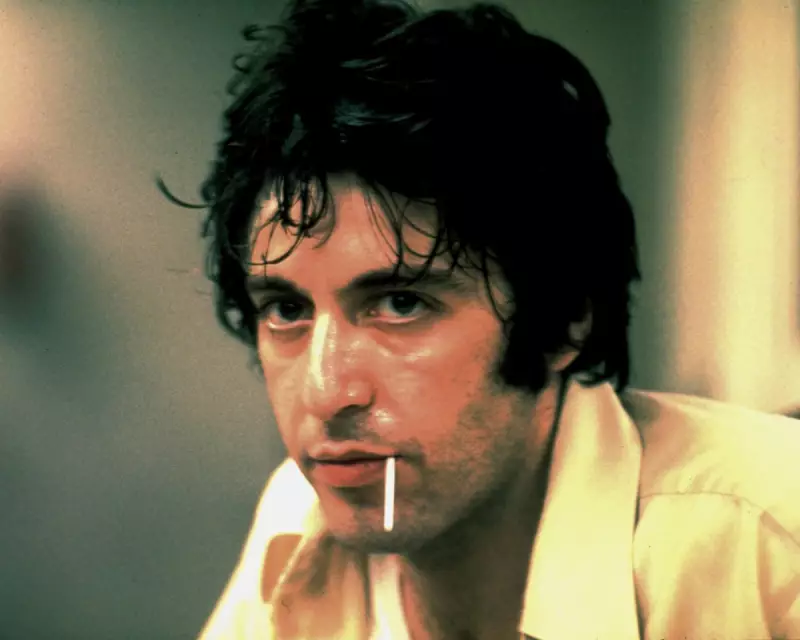
Five decades have passed, but the heat from that long, frantic Brooklyn afternoon still radiates from the screen. As Al Pacino's seminal film, Dog Day Afternoon, marks its 50th anniversary, its power to shock, entertain, and provoke thought remains undiminished.
In a series of reflections, the legendary actor Al Pacino has been looking back on the film that cemented his status as one of the greatest of his generation. Portraying the real-life bank robber Sonny Wortzik, Pacino delivered a performance of raw, frenetic energy that is still studied and celebrated today.
More Than a Heist: A Film Ahead of Its Time
Directed by the masterful Sidney Lumet, the 1975 film was far more than a simple crime thriller. It was a sharp, gritty satire that held a mirror up to 1970s America, exploring media sensationalism, economic disparity, and institutional incompetence with unflinching honesty.
Perhaps its most groundbreaking aspect was its nuanced portrayal of Sonny's motive: a botched bank robbery to pay for his partner's gender-affirming surgery. This compassionate and humanising treatment of an LGBTQ+ character was virtually unheard of in mainstream cinema at the time.
Pacino on Sonny: A Role of a Lifetime
Pacino has spoken about the intense preparation for the role, immersing himself in the psyche of a man who is simultaneously a criminal, a victim of circumstance, and a devoted partner. The famous "Attica! Attica!" chant, shouted by Sonny to incite the crowd against the police, was a moment of improvised genius that has since been etched into cinematic history.
The actor credits Lumet's documentary-like direction and the electric on-set atmosphere for fostering the performance. The film's mostly chronological shoot in authentic New York locations added to the palpable tension and realism that audiences still feel.
A Legacy That Endures
Fifty years on, Dog Day Afternoon is not relegated to a museum piece. Its themes feel startlingly contemporary, from public distrust in authority to the struggle for individual identity against a chaotic world. The film continues to be a touchstone for filmmakers and a discovery for new generations of cinephiles.
As we celebrate this golden anniversary, Dog Day Afternoon stands as a testament to the power of storytelling—a perfect storm of a brilliant director, a fearless actor, and a story so strange it had to be true. Its bark, and its bite, are as potent as ever.






